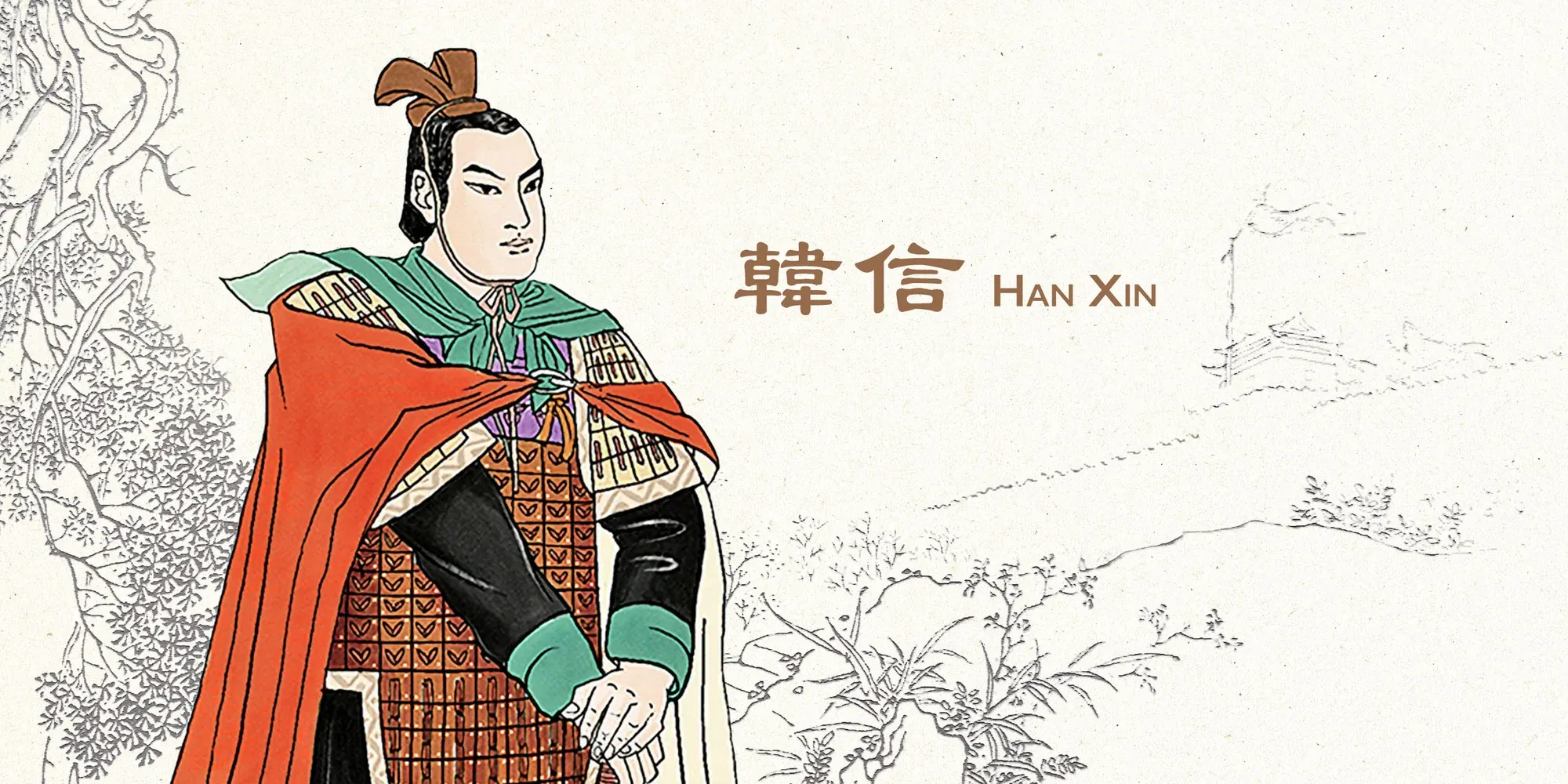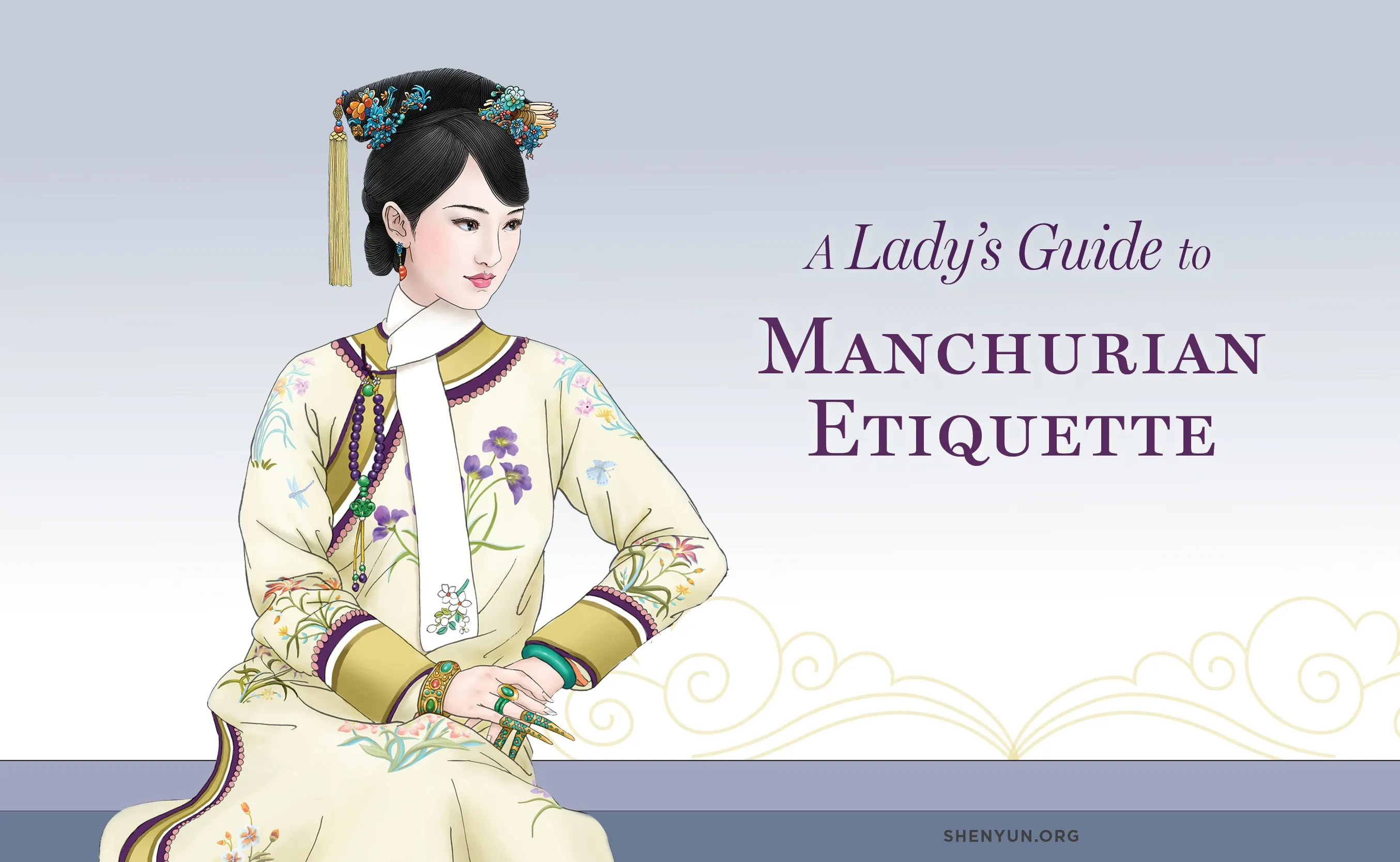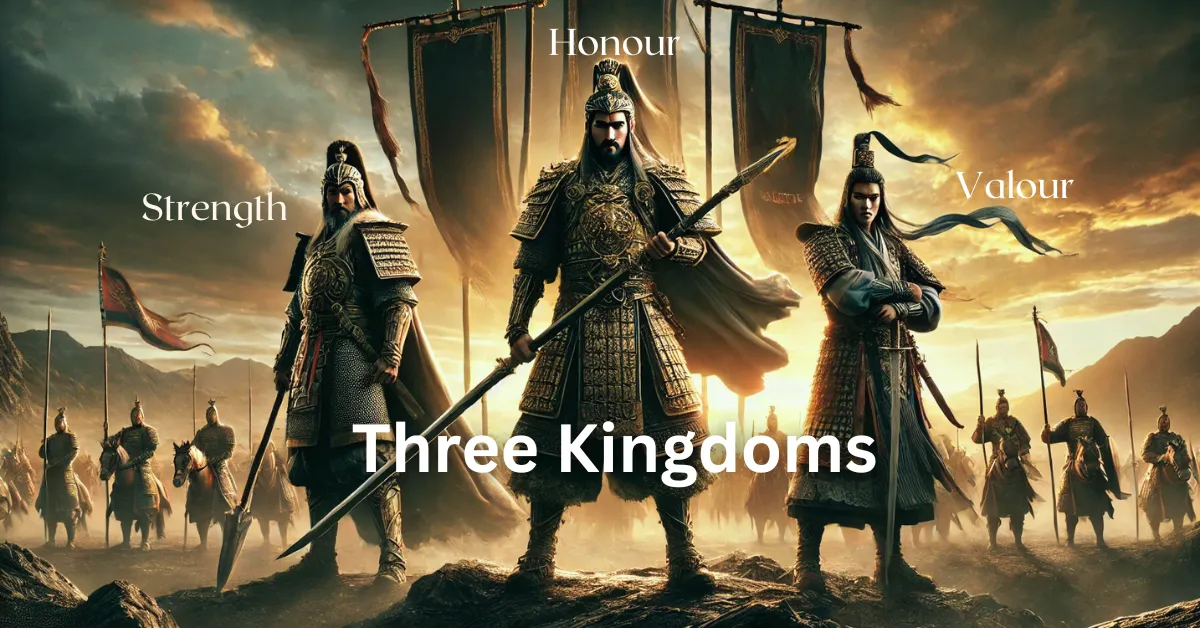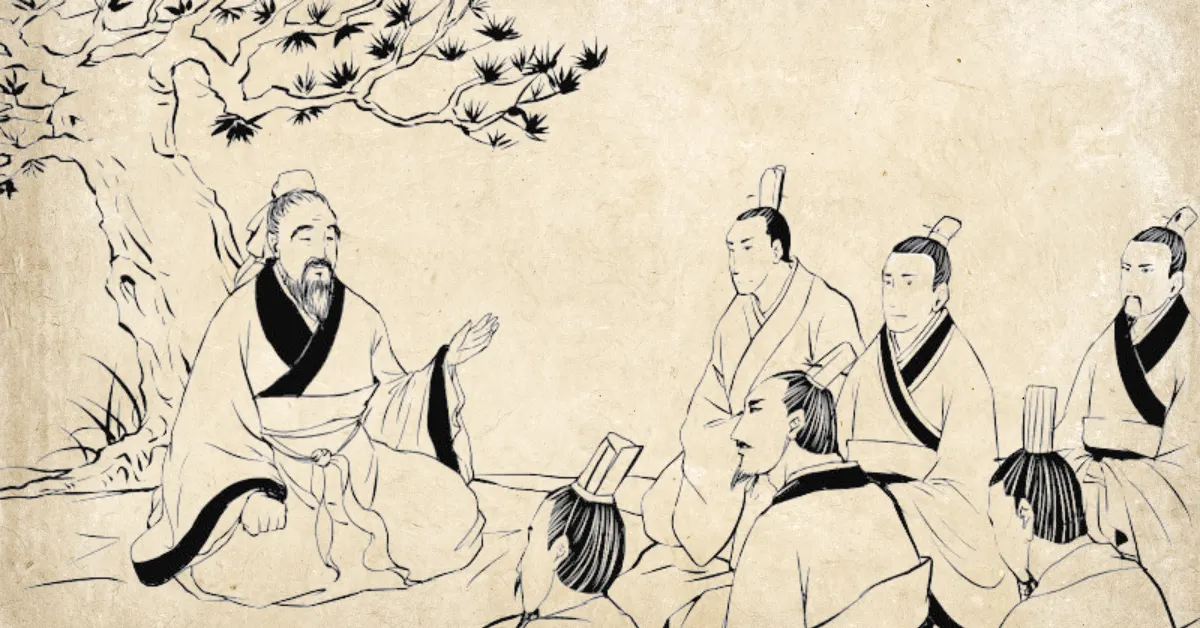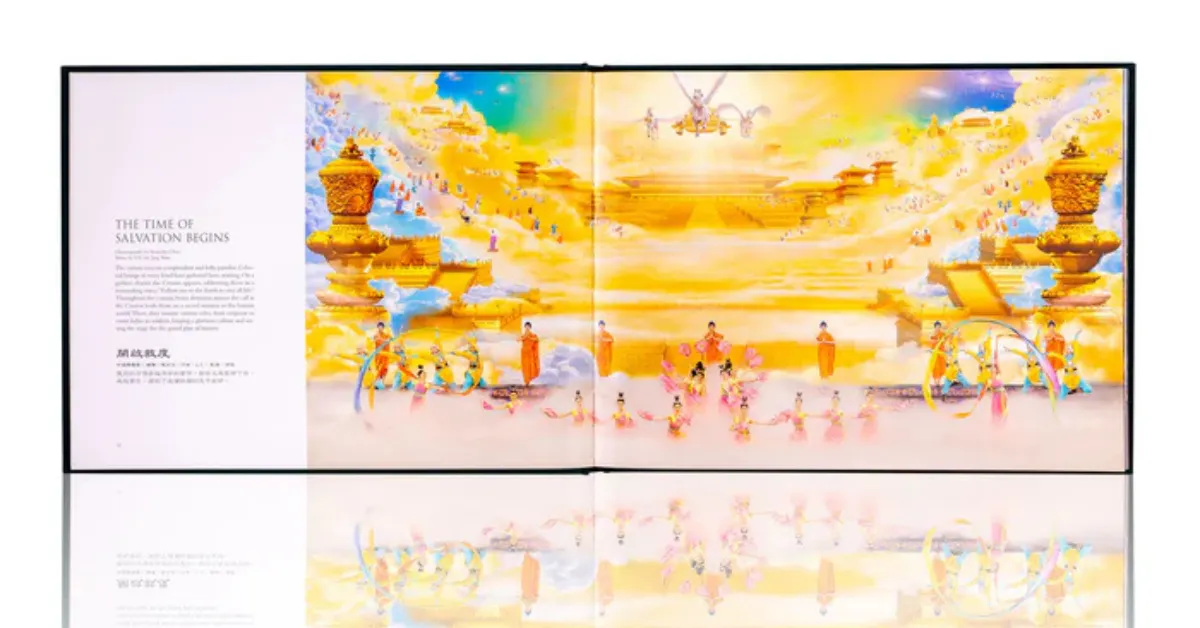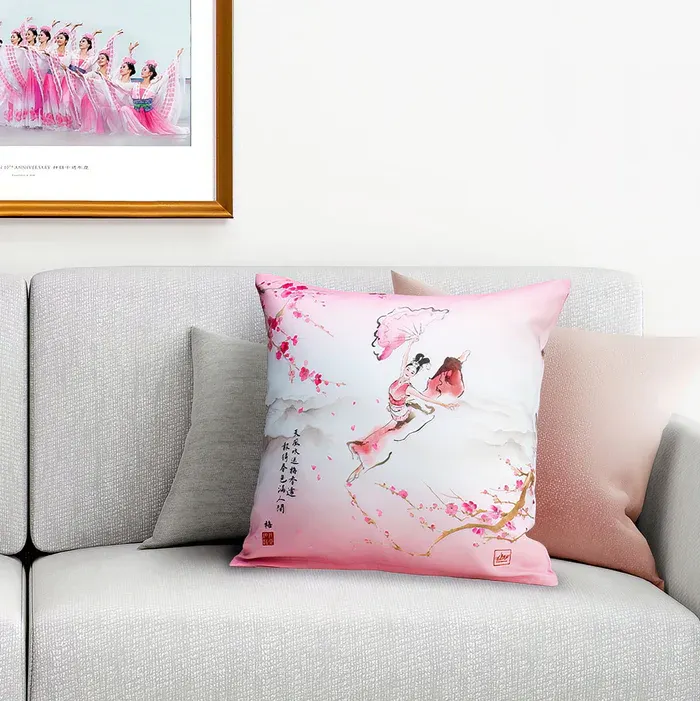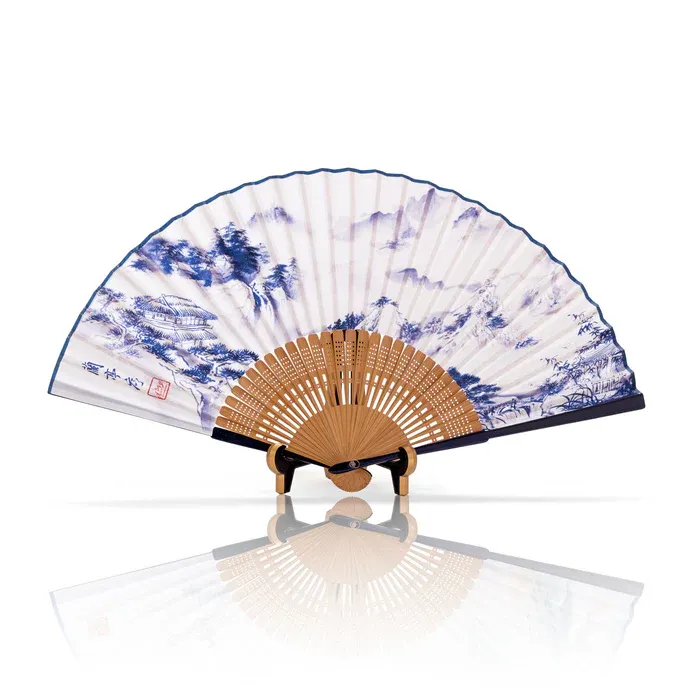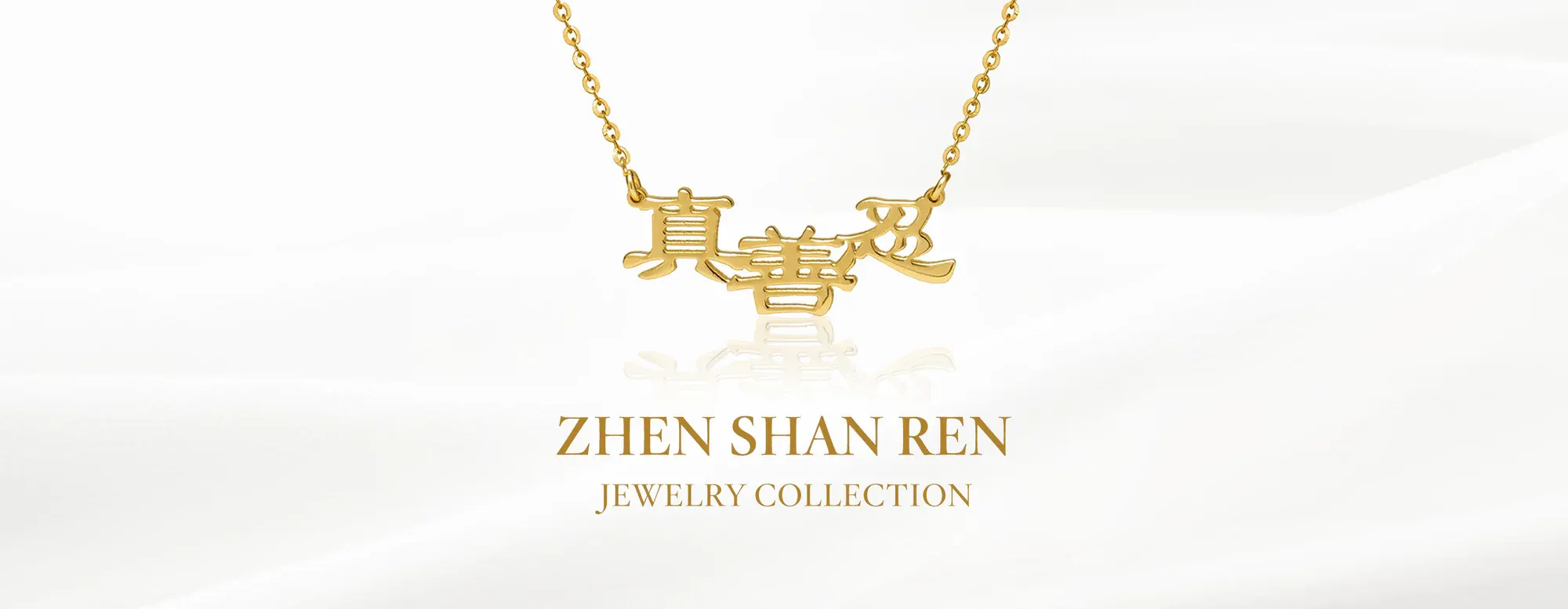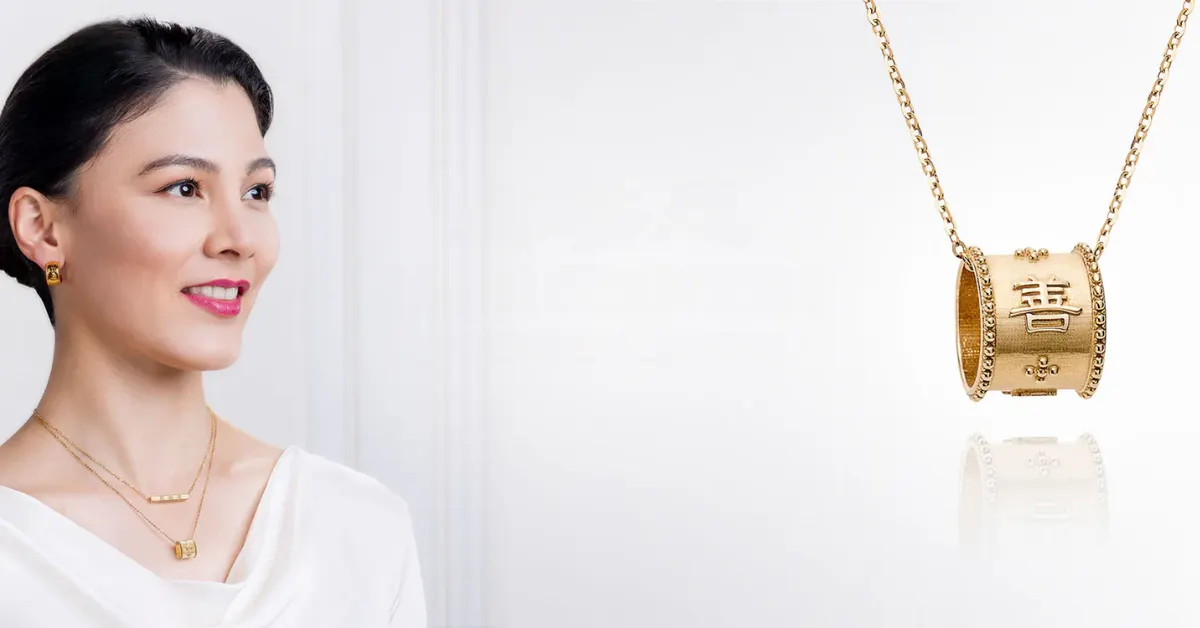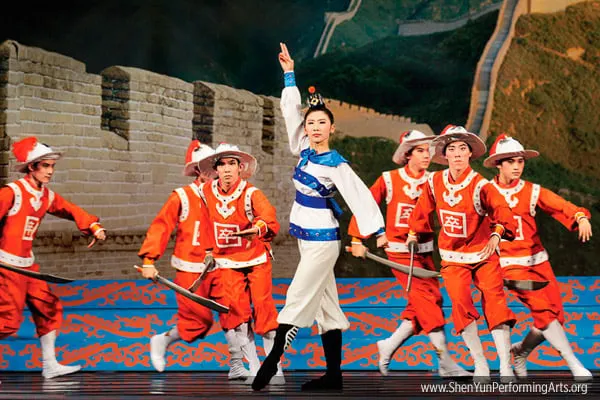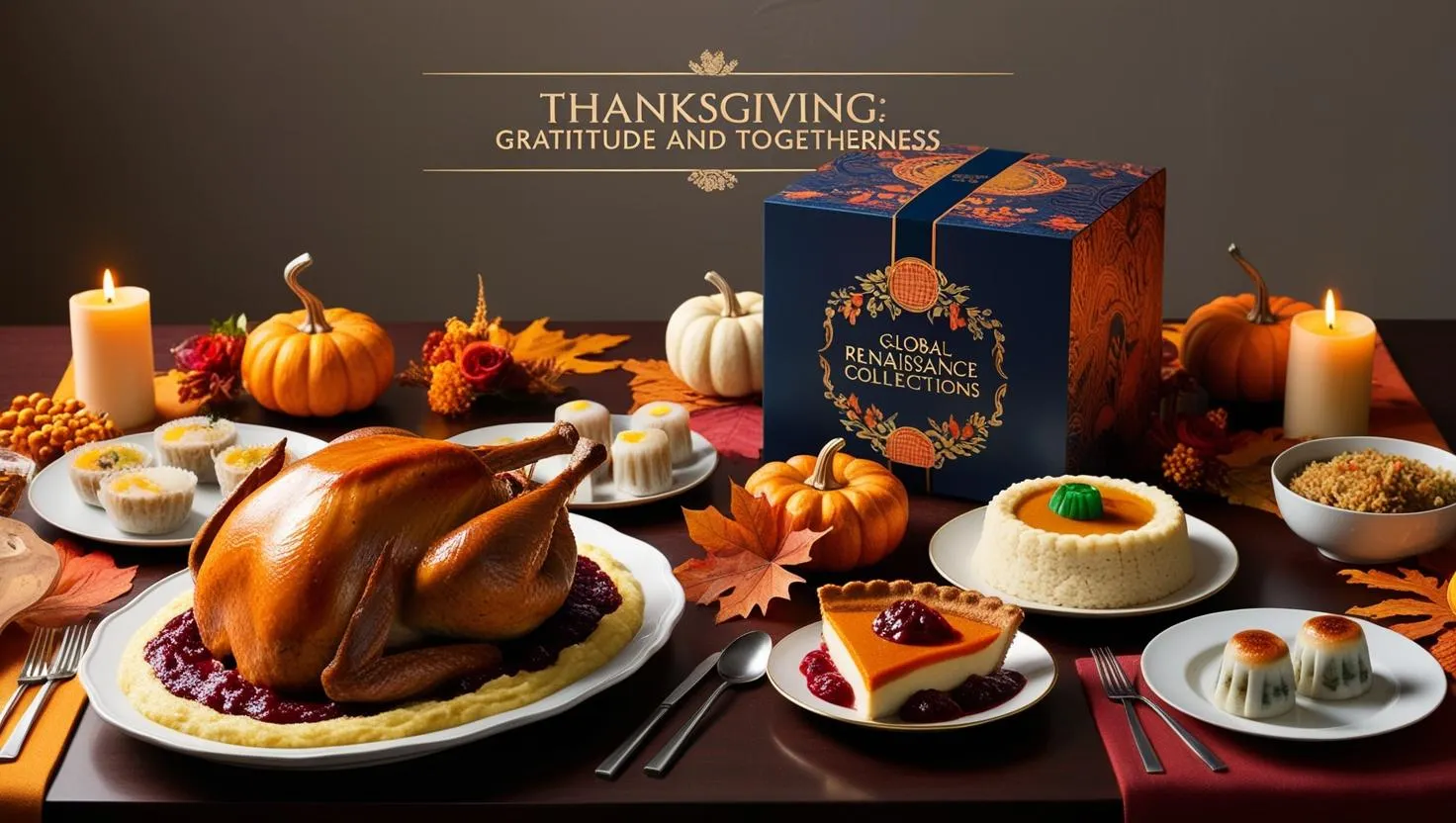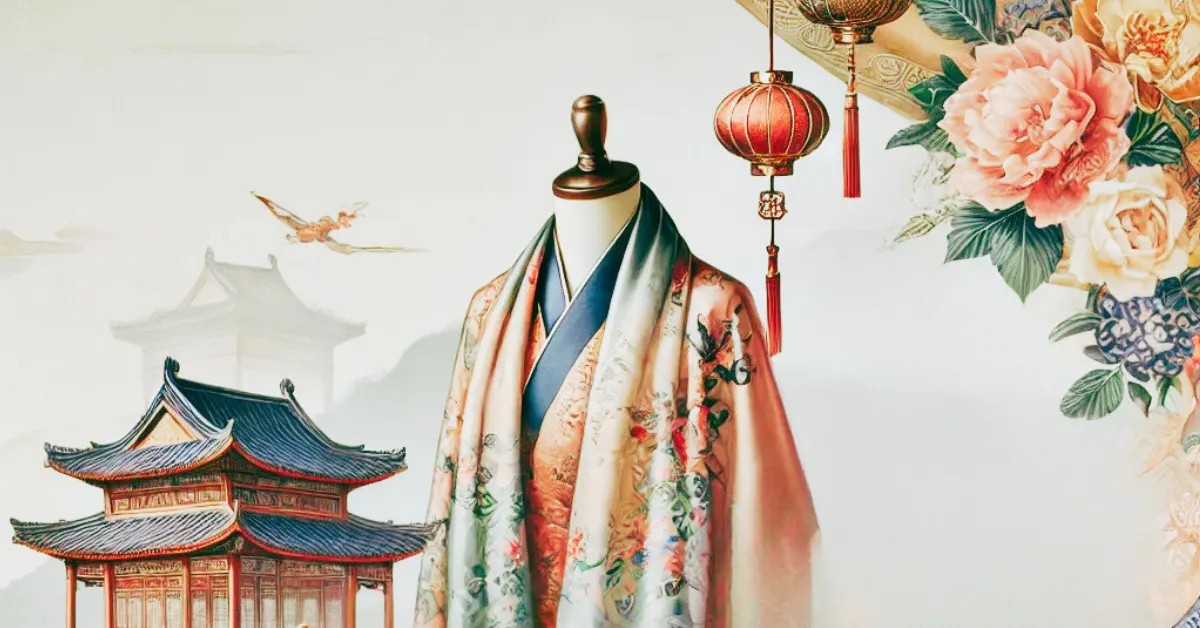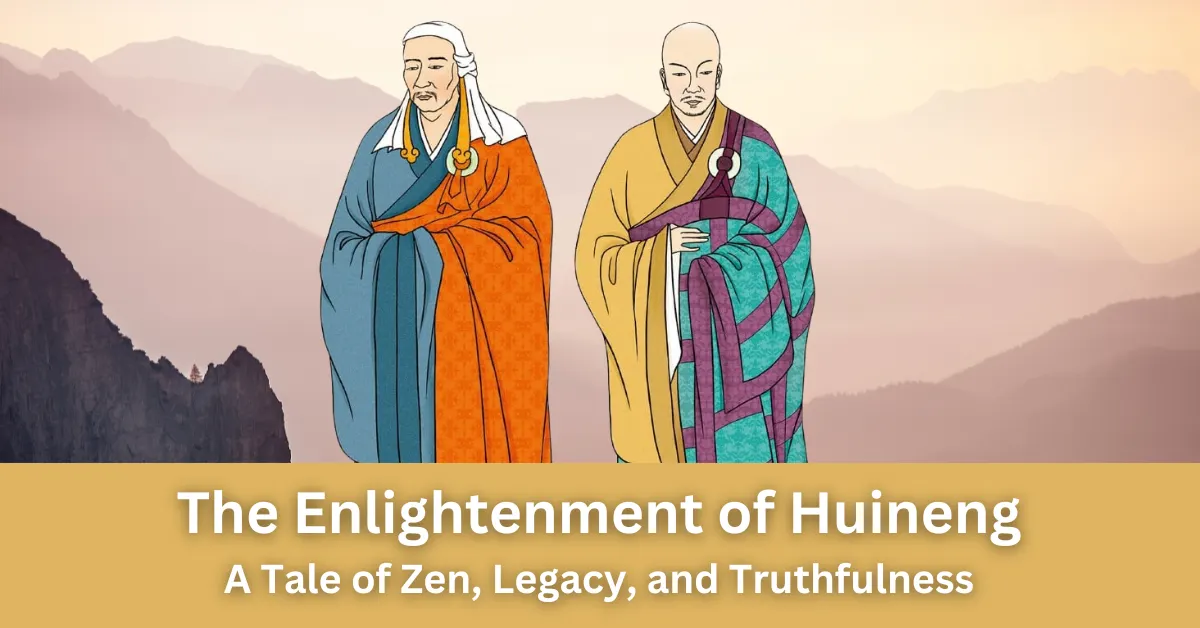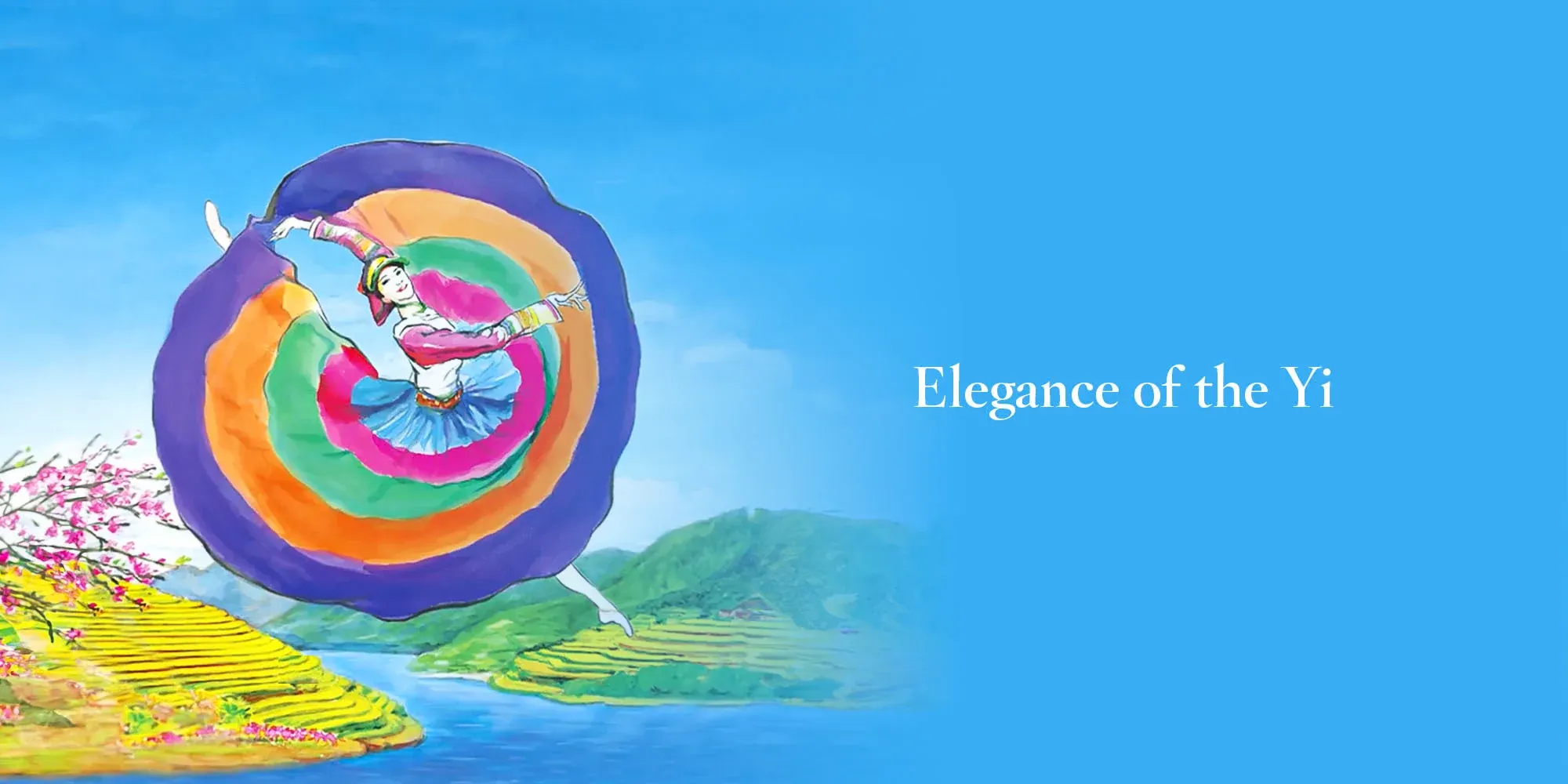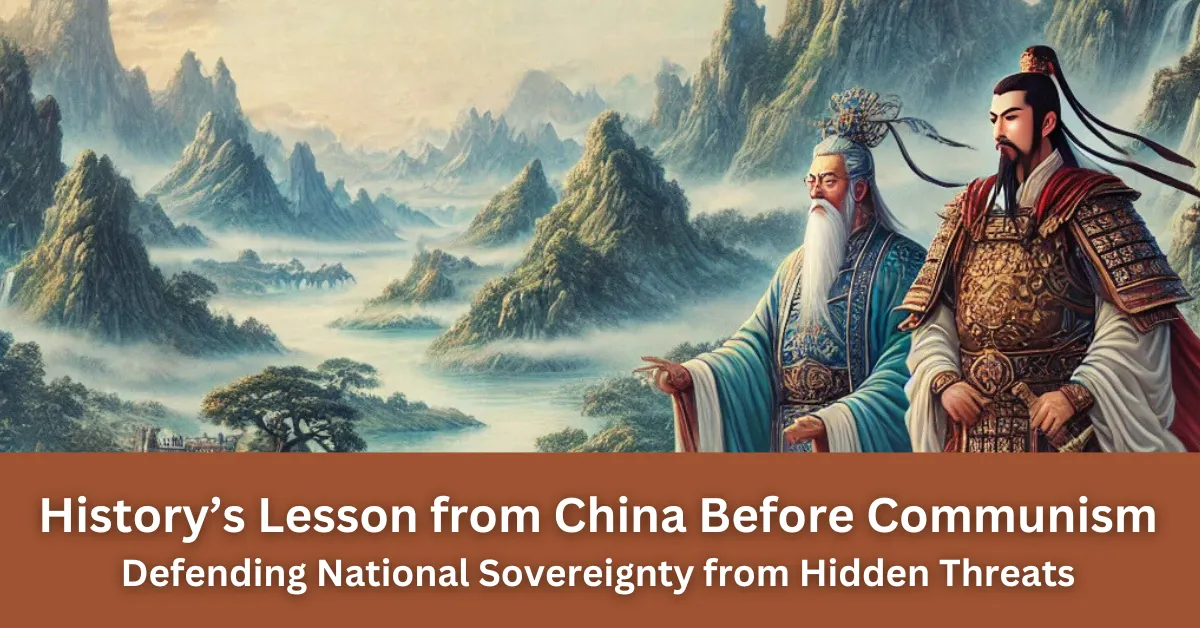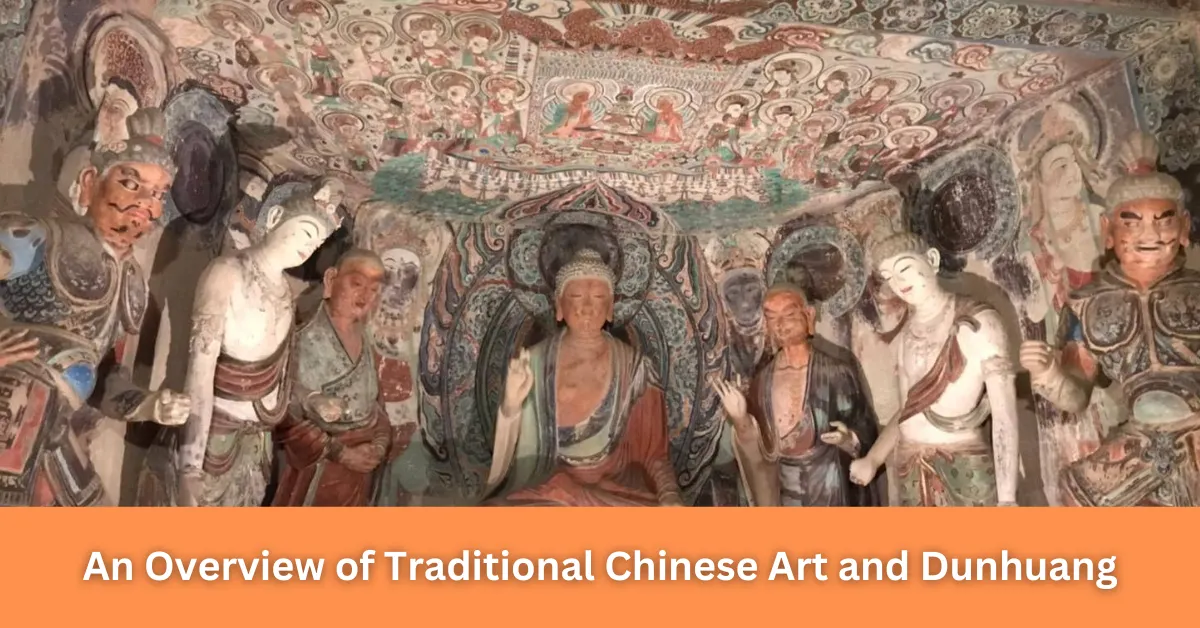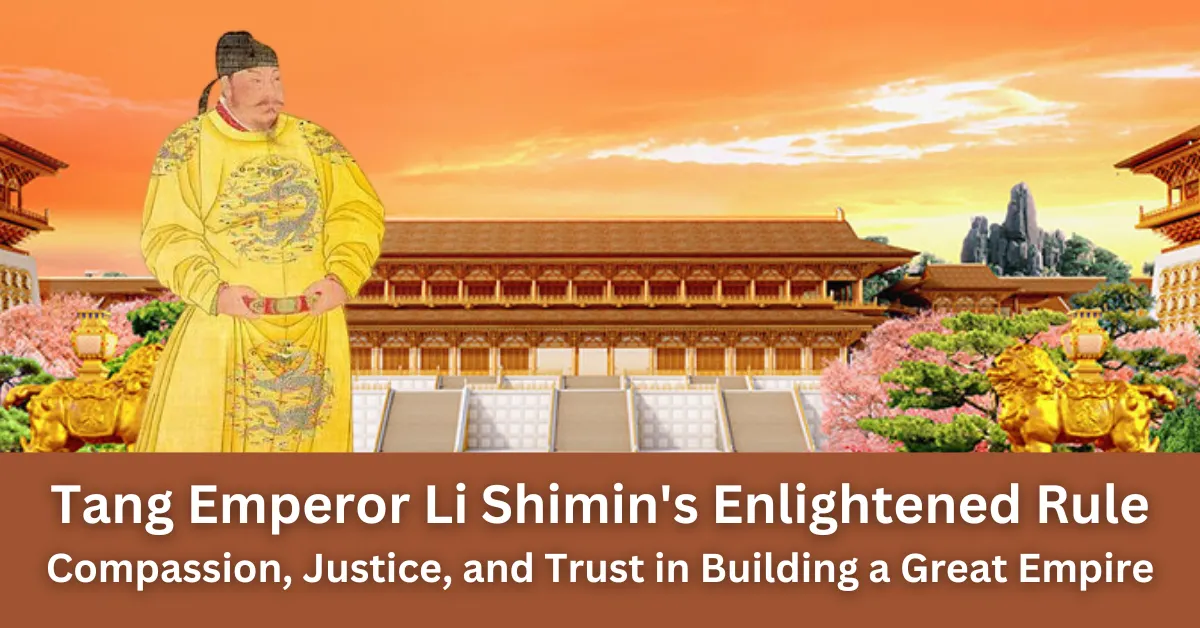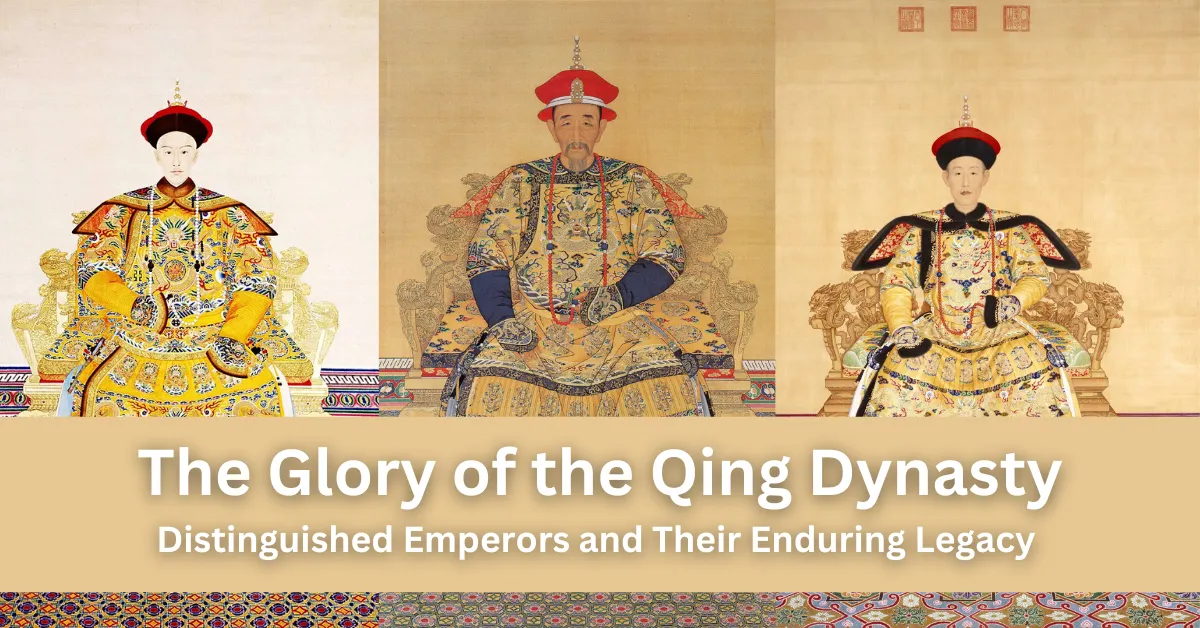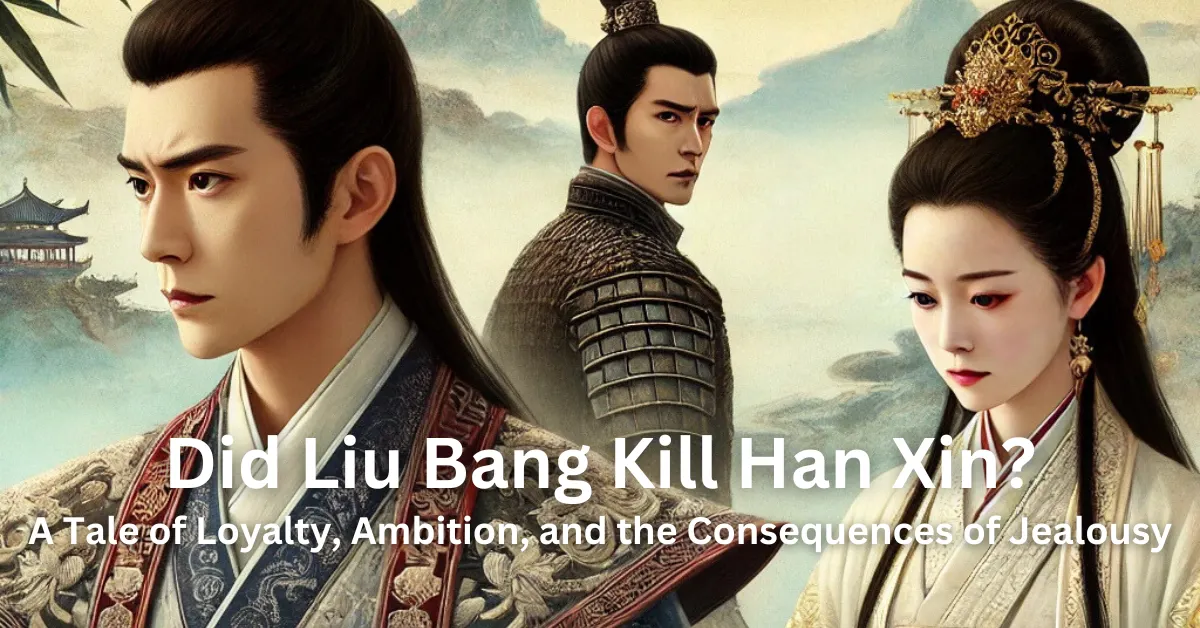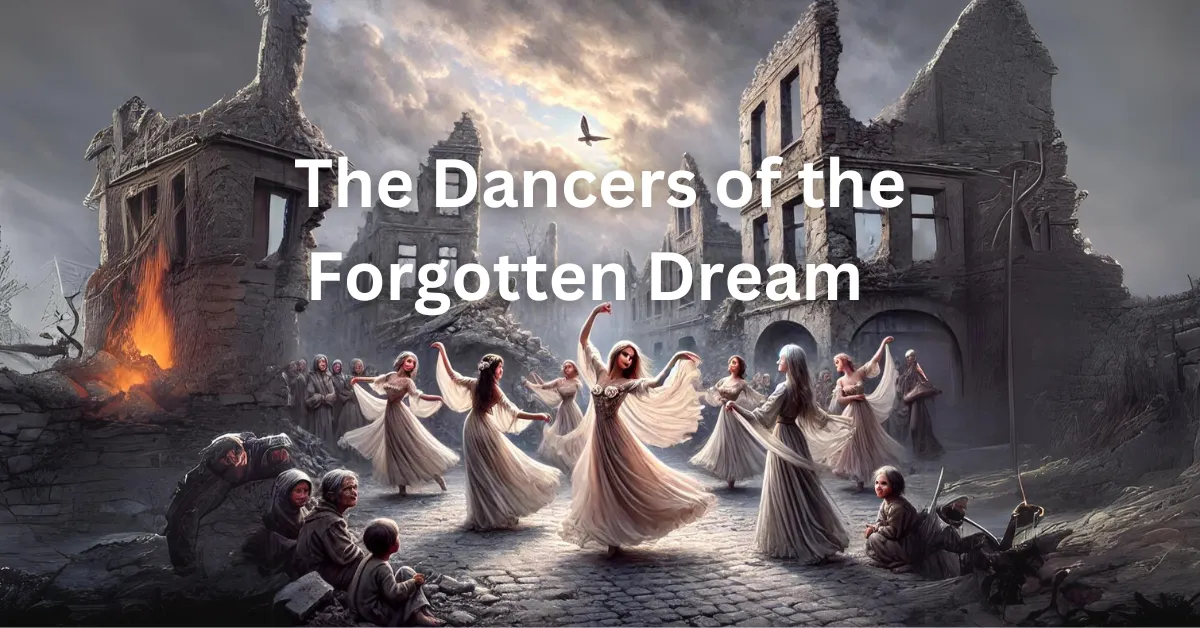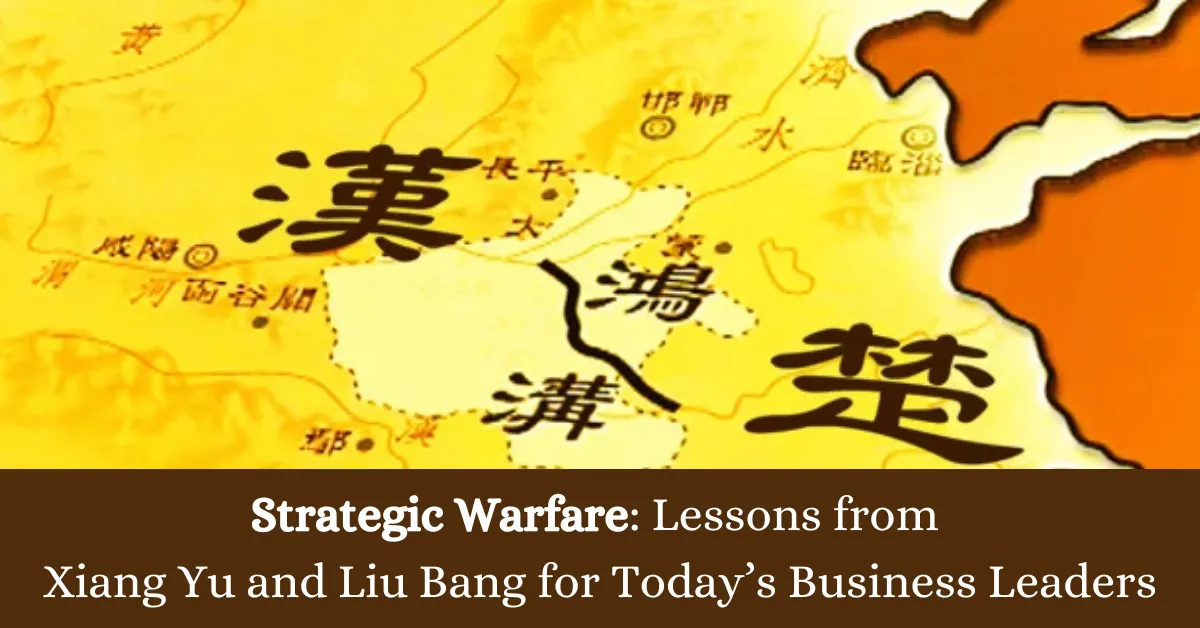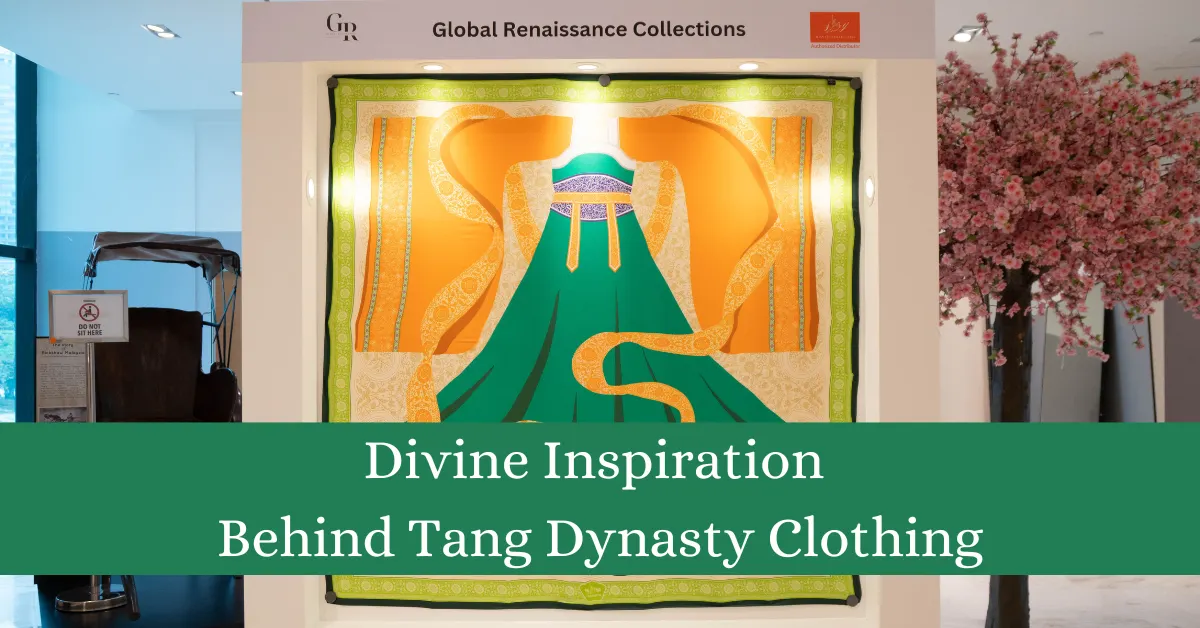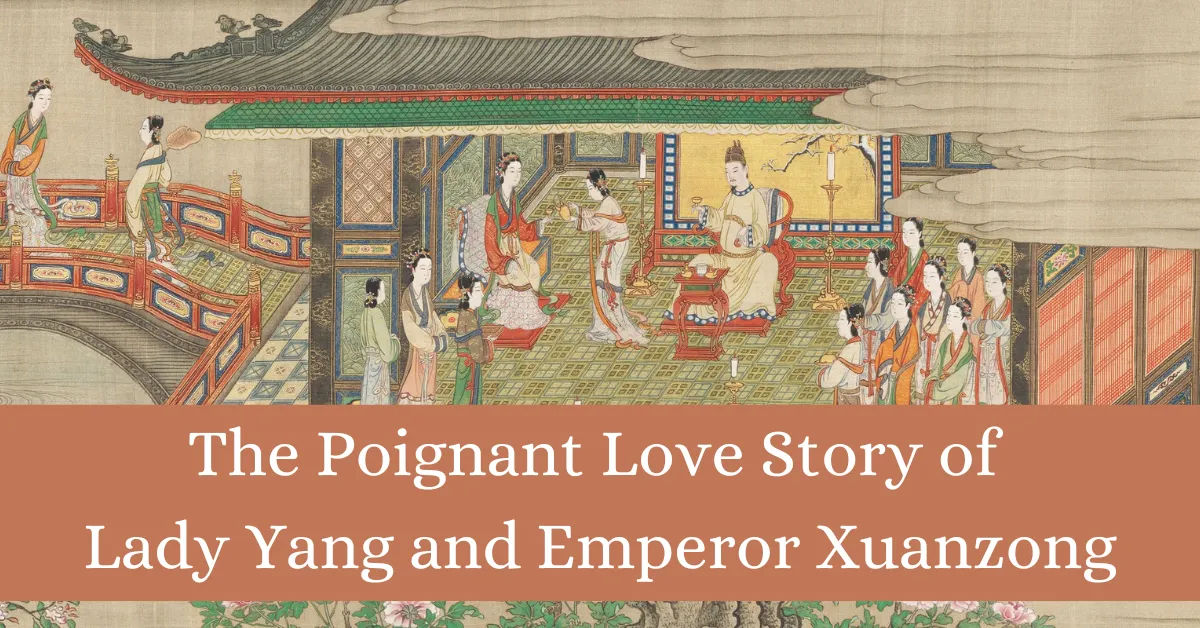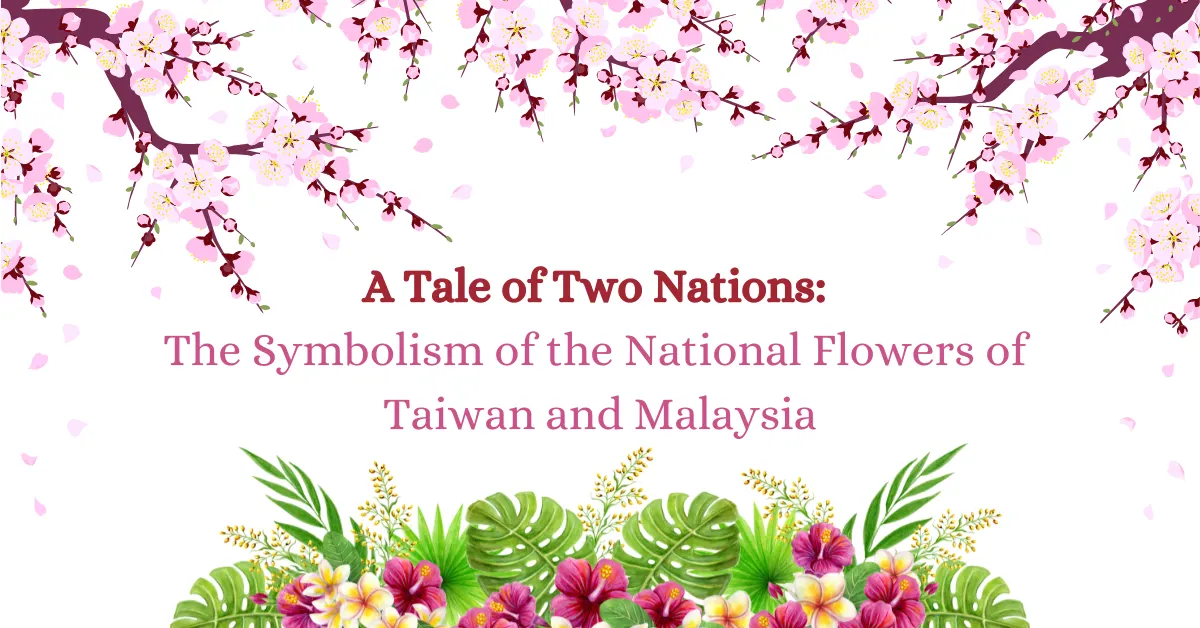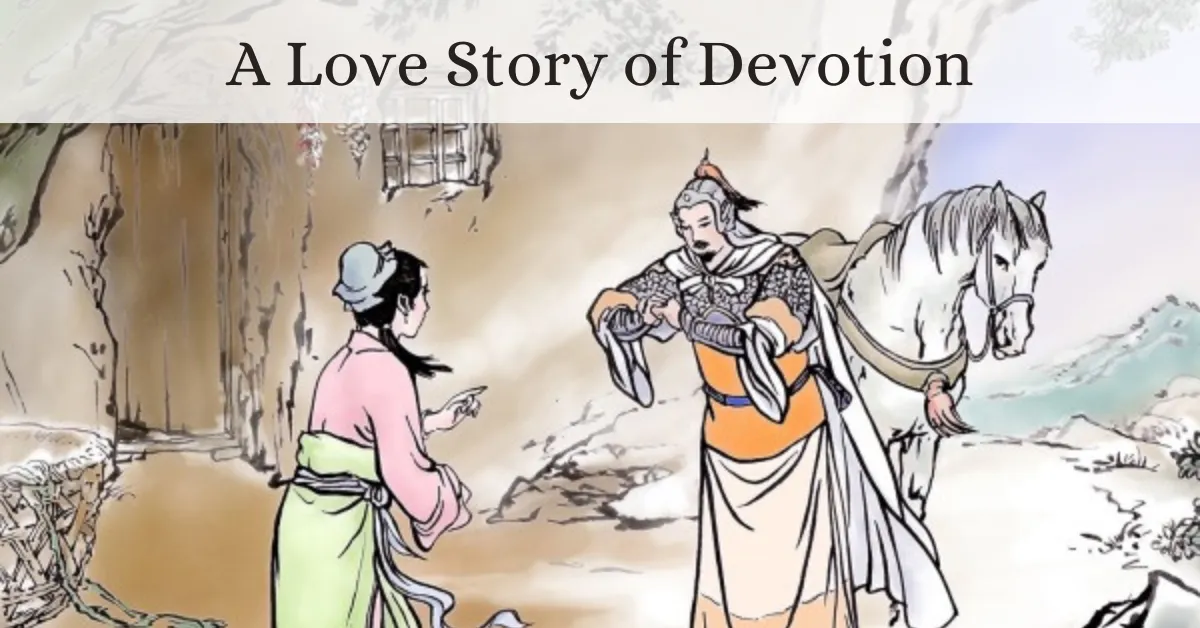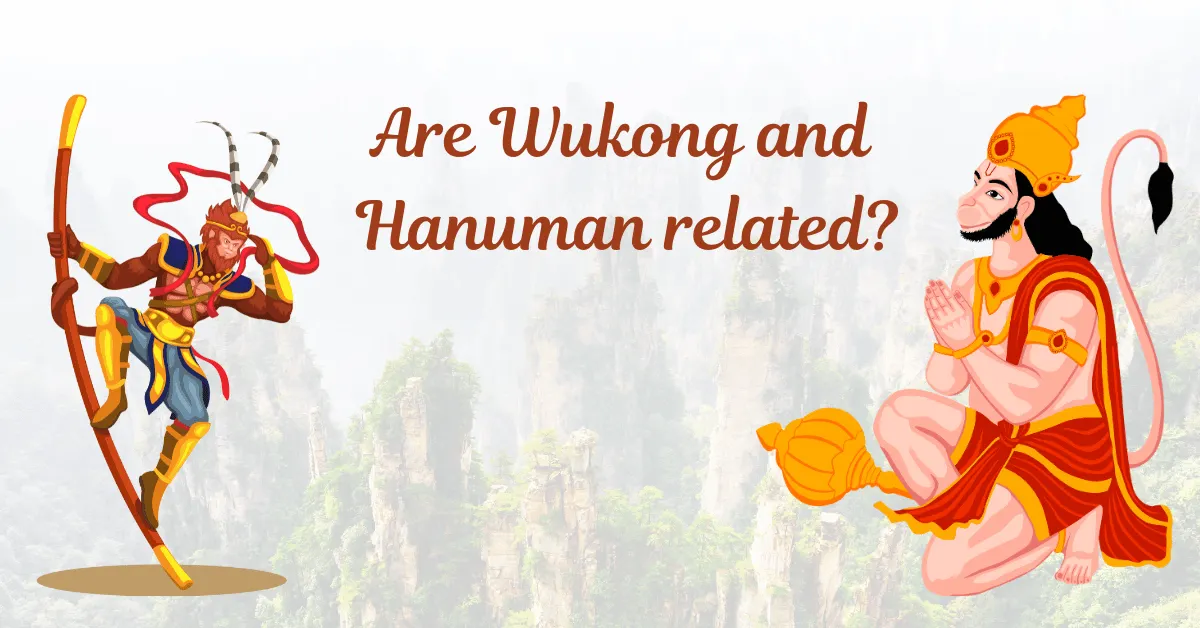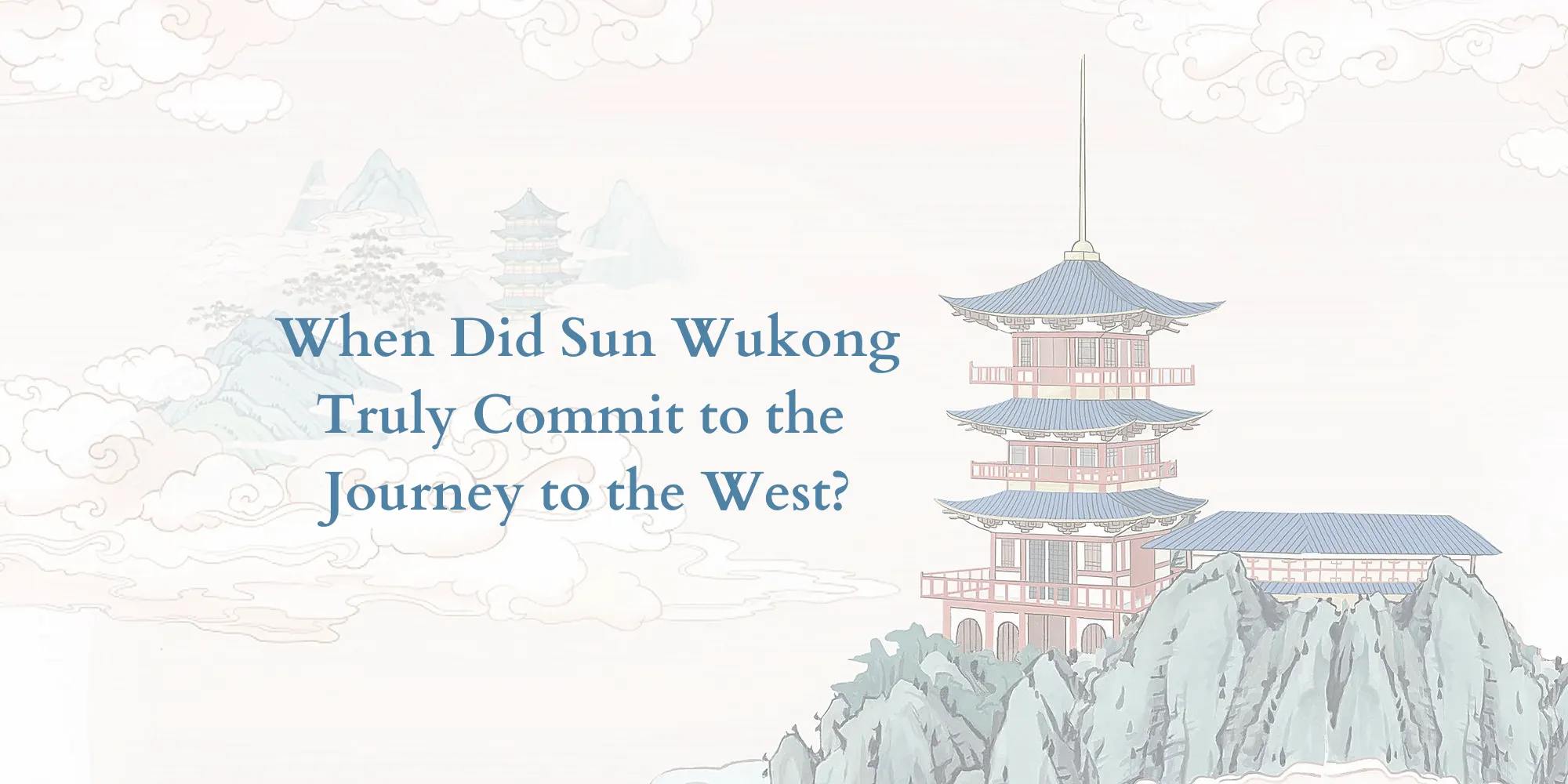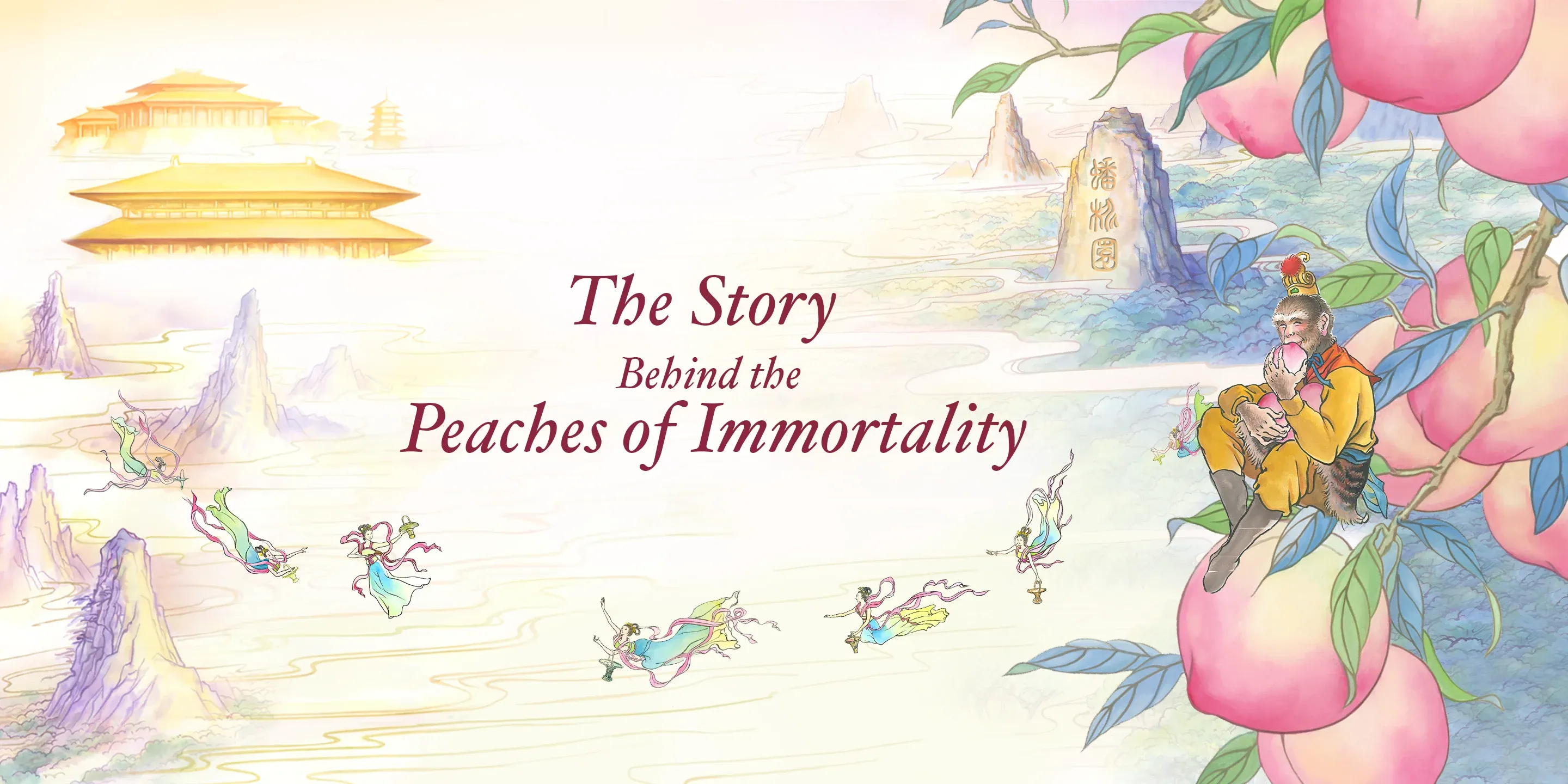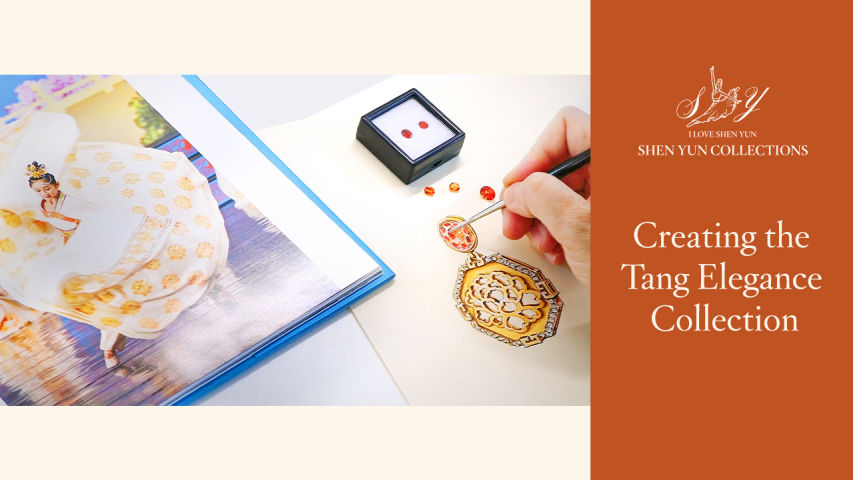Forgiveness vs Forgetting: Exploring Chinese Culture and the Wisdom of Confucius
Forgiveness vs Forgetting: Exploring Chinese Culture and the Wisdom of Confucius
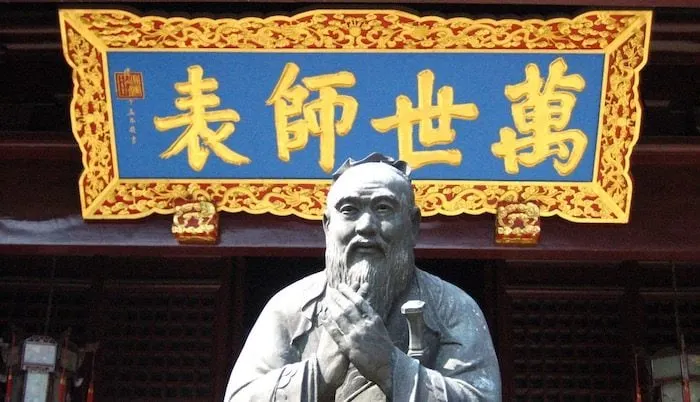
In the exploration of forgiveness vs forgetting, Chinese culture offers profound insights that resonate deeply in today's fast-paced, conflict-ridden world. Rooted in ancient philosophical teachings, particularly Confucianism, Chinese culture holds forgiveness as a cornerstone of personal growth, societal harmony, and spiritual resilience. But within this complex cultural context, there’s an underlying question: What is the balance between forgiveness and forgetting? Can we truly forgive without forgetting, and how does this understanding contribute to a better society?
Global Renaissance Collections aims to celebrate these time-honoured teachings and their contemporary relevance, focusing on how these principles of Chinese culture can inspire unity, understanding, and peace in our world. By delving into the rich philosophical traditions of China before Communism and the teachings of Confucius, we’ll explore how forgiveness, as a key virtue, intertwines with forgetting in Chinese cultural practices, and how it can promote harmony within families, communities, and nations.
The Heart of Chinese Philosophy: Forgiveness and Confucius
Confucianism, one of the most influential schools of thought in China, is built on the foundation of Ren (仁), Li (礼), and Xiao (孝)—all key tenets that guide human behaviour in both personal and social contexts. These ideas also offer profound insights into the notion of forgiveness, particularly when placed alongside the concept of forgetting. Confucius, whose teachings continue to shape Chinese thought today, emphasized the need for compassion, order, and respect in our interactions with others. Within this framework, forgiveness is not seen merely as a passive act of overlooking wrongdoing but as an active process of cultivating virtue, harmony, and balance.
Ren (仁): Benevolence and the Practice of Forgiveness
In Confucian thought, Ren is the central virtue that encompasses kindness, benevolence, and humaneness. To embody Ren means to act with compassion and empathy, not just for those closest to us, but for all people. Forgiveness, in this light, becomes a natural extension of Ren—it is an act of goodwill and a way to repair relationships. A person who practices Ren does not seek to hold grudges, but instead works towards resolving conflicts with understanding and a spirit of reconciliation.
However, forgiveness within Ren does not suggest forgetting the wrong or neglecting justice. It’s about transcending the anger and resentment that arise from hurt and instead seeking the highest moral good for oneself and for others. Confucius teaches that a virtuous person should not merely forget the wrongdoing but should understand the lesson behind it. In this sense, forgiveness involves remembering the lesson, which ultimately leads to greater personal growth.
Global Renaissance Collections reflects this spirit of Ren in its mission to foster understanding, empathy, and compassion in our global community. The collections curated are not just luxury items; they represent the embodiment of virtue, creating a legacy of benevolence that transcends materialism. Each piece speaks to the shared human experience of kindness, forgiveness, and the pursuit of a harmonious world.
Li (禮): Propriety, Rituals, and Social Forgiveness
Another fundamental concept in Confucian philosophy is Li, which refers to propriety, rituals, and the proper conduct in social and familial relationships. Li emphasizes the importance of respecting social customs and behaving according to the expectations of one's role in society. This respect for structure and order also plays a role in how forgiveness is approached.
In Chinese culture, forgiveness is not merely an emotional response but also an act guided by the rituals of Li. When someone seeks forgiveness, it is often done in accordance with the rites of the culture—apologising formally, acknowledging the wrongdoing, and striving to restore balance. This process is a way to show respect for the relationship and for the broader social fabric, demonstrating that forgiveness is both a personal and societal act.
In this context, forgetting becomes less about erasing the past and more about resolving conflicts in a way that restores order and respect. It’s about reconciling differences while maintaining a sense of propriety and balance. As such, forgiveness within Li is not a free pass; it’s a considered, thoughtful process that restores the social harmony essential to Confucian thought.
Global Renaissance Collections acknowledges the importance of rituals and propriety in all cultures. By celebrating the rich heritage of Chinese traditions, the collection mirrors the values of respect, balance, and mutual understanding that are the foundation of every successful society. The creations in the collection are designed to encourage reflection and gratitude, providing symbolic representations of harmony that inspire others to follow the same principles.
Xiao (孝): Filial Piety and the Forgiveness Between Generations
Filial piety, or Xiao, is another core virtue in Confucianism. It represents the respect, devotion, and love that children owe to their parents and elders. In Chinese culture, Xiao is seen as the foundation for building strong family relationships and a harmonious society. Forgiveness, within the concept of Xiao, takes on an added layer of significance. Children are expected to forgive their parents' faults, understanding that, while no one is perfect, the duty of respect and care is paramount.
This dynamic also highlights the relationship between forgiveness and forgetting in the family context. Children, especially in traditional Chinese society, are taught to respect their elders and forgive them for their shortcomings, which are seen as part of the human condition. However, this forgiveness does not mean forgetting the wisdom imparted by the parents. Instead, it is a reminder of the importance of learning from past mistakes, while upholding respect for the values passed down through generations.
Global Renaissance Collections honours the timeless value of Xiao through its commitment to preserving cultural traditions and creating pieces that celebrate the wisdom of our ancestors. The collection is a tribute to the enduring bond between generations, where forgiveness and respect converge to form a legacy of strength, love, and unity.
Forgiveness in Leadership: Confucius's Teachings on Governance
Confucius’s influence extends far beyond the family and personal relationships to governance and leadership. A good leader, according to Confucian teachings, is someone who not only displays wisdom and justice but also demonstrates Ren and Li in their actions. Forgiveness, in this context, is not a sign of weakness but a strength that promotes societal harmony and stability.
In Confucius's ideal society, a leader must forgive the mistakes of their subordinates to restore order and guide them back to the right path. However, this forgiveness is not without its boundaries. Leaders must balance forgiveness with justice, remembering that the goal is to create a society where virtue and moral integrity prevail.
The concept of forgiving vs forgetting is also central to Confucian ideas of governance. A wise leader forgives, but they do not forget the lesson. They understand the need for correction and improvement. Forgiveness, in this sense, is a tool for nurturing better leaders and citizens, helping them learn from their mistakes while contributing to the greater good of society.
Global Renaissance Collections embodies this leadership principle through its work, aiming to provide wisdom and beauty to global leaders and influencers. Through its luxury collections, it encourages leaders to look beyond personal grievances and lead with a spirit of compassion and understanding, creating a ripple effect of forgiveness and unity within society.
Forgiveness vs Forgetting: The Philosophical Balance
In Chinese culture, forgiving vs forgetting is not about erasing the past but about understanding it. Forgiveness is seen as an active process of personal growth and social harmony, while forgetting is a passive act that can undermine the lessons learned from past experiences. For Confucius, the true meaning of forgiveness is not to forget but to learn from the past and move forward with a renewed commitment to virtue and harmony.
The act of forgiving, therefore, does not erase the past but allows individuals and societies to evolve. It is about acknowledging mistakes, understanding the reasons behind them, and using that understanding to build a better future. In this sense, forgiveness becomes a tool for spiritual and social growth—a way to reconcile the tensions between individuals, families, and communities.
Global Renaissance Collections shares this perspective on forgiveness through its luxury pieces, which serve as symbols of personal transformation and growth. Each item in the collection represents not only the beauty of craftsmanship but also the deep philosophical lessons that guide us towards greater understanding and harmony.
Conclusion
Forgiveness, as understood through Chinese culture and Confucian philosophy, is a powerful force for personal and societal growth. It is about learning from the past, reconciling differences, and fostering harmonious relationships. In the context of forgiveness vs forgetting, Chinese culture teaches us that true forgiveness does not mean forgetting but involves acknowledging the lessons learned and moving forward with compassion and virtue.
At Global Renaissance Collections, we aim to embody these timeless principles in everything we do. Our curated collections are designed to inspire reflection, encourage forgiveness, and celebrate the beauty of human connection. As we continue to honour the rich traditions of Chinese culture, we invite you to join us on a journey of personal growth, societal harmony, and lasting transformation.
Be a bigger person today and visit Global Renaissance Collections at https://www.globalrenaissancecollections.com




